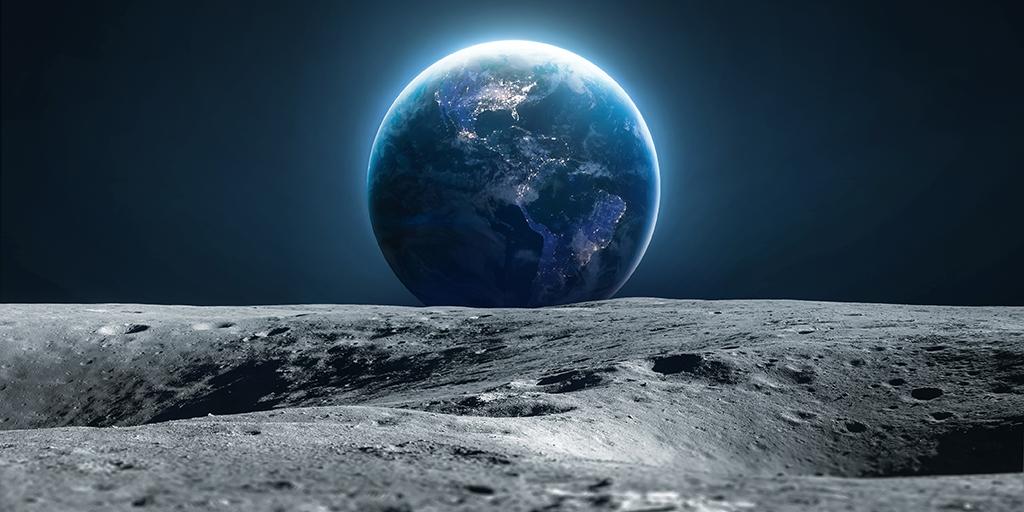
Will the “Space Race” Ever End?
In the aftermath of Tokyo-based company ispace’s second failed attempt to land an exploration vehicle on the moon, National Public Radio reported, “Long the province of governments, the moon became a target of private outfits in 2019, with more flops than wins along the way” (June 6, 2025). Although the press has sensationalized these failures, companies like ispace, SpaceX, and Blue Origin are confidently poised to continue their efforts to privatize space exploration. Elon Musk has expressed unabated optimism in the face of what are seen as momentary setbacks, viewing the loss of multi-million-dollar machines as all part of the learning process (Reuters, March 7, 2025). “Rockets are hard,” Musk remarked after his own program’s second Mars rocket failure this year (NewsWeek, March 7, 2025).
Although failures like these occur, such tremendous advances and efforts cannot help but inspire us. God has created man with remarkable capacity to design, build, and explore! Still, many have also wondered about the feasibility of humanity’s quest to dominate space and colonize what are, for all intents and purposes, wastelands like the Moon and Mars, where it seems as though life could never thrive.
The Bible speaks of a time when “all things” will be given to the faithful as an inheritance (Revelation 21:7) and the entirety of creation will be liberated from futility by the revealing of the children of God (Romans 8:20–21). Perhaps this holds a key to understanding God’s true purpose for the universe. To learn more about the purpose of man and the future of creation, be sure to order your free copy of What Is the Meaning of Life?



